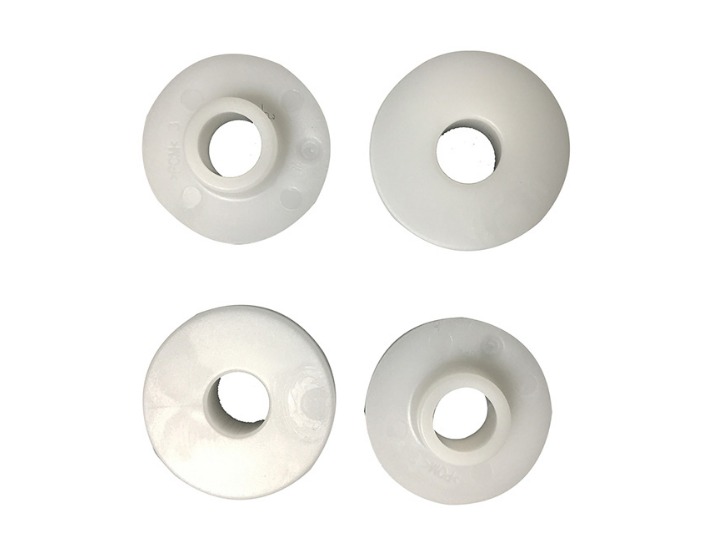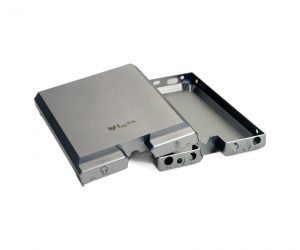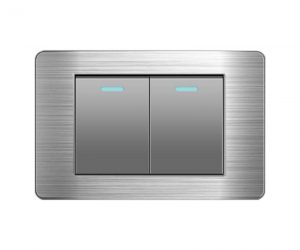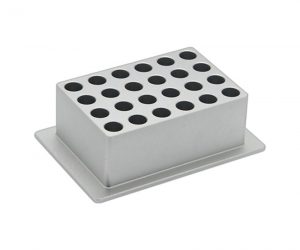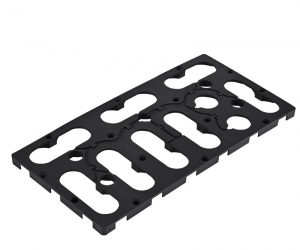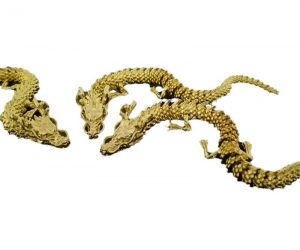Plastic injection molding is a critical process in manufacturing industries worldwide. It allows for the efficient and cost-effective production of high-quality plastic parts, ranging from simple components to intricate designs used in everything from automotive to consumer goods. To carry out this process effectively, one requires the right plastic injection molding machine. This guide will walk you through the key factors to consider when selecting a supplier for your injection molding machines, and how to ensure you get the right equipment for your business needs.
1. Introduction to Plastic Injection Molding Machines
Plastic injection molding is a highly precise process in which molten plastic is injected into a mold to form a specific shape. The process is widely used for manufacturing plastic parts in various industries. The choice of injection molding machine plays a pivotal role in determining the quality, efficiency, and profitability of the production process.
Choosing the right supplier for your injection molding machines is crucial. A reliable supplier can ensure you get equipment that meets your specific needs and provides ongoing support. Here’s a comprehensive guide to help you navigate the process of choosing the right supplier for your business.
2. Role of Plastic Injection Molding Machine Suppliers
2.1 Understanding the Role of Suppliers
Injection molding machine suppliers are manufacturers or distributors that provide businesses with the machines required for the injection molding process. Their role extends beyond just providing equipment. They also offer:
- Machine Installation and Training: Suppliers often assist with setting up and installing machines, and they provide training for operators and technicians.
- Ongoing Support and Maintenance: Reputable suppliers offer after-sales services, including maintenance, spare parts supply, and troubleshooting.
- Customization: Some suppliers offer customizable machines to meet unique production needs, such as special molding applications or integration with other manufacturing systems.
2.2 Experience and Expertise
When selecting a supplier, experience matters. Choose a supplier that has a proven track record in the injection molding industry. Experienced suppliers often have:
- A deep understanding of molding technologies.
- Access to advanced machinery with cutting-edge features.
- The ability to offer valuable guidance on machine selection based on production requirements.
3. Starting a Plastic Injection Molding Company
Starting your own plastic injection molding company requires more than just purchasing machines. Here are the key steps to get started:
3.1 Research and Planning
Thorough market research is essential to understanding the demand for injection-molded products in your region. Develop a clear business plan that outlines:
- The target market (automotive, medical, packaging, etc.).
- Competition analysis.
- A financial plan detailing costs, pricing strategy, and expected return on investment.
3.2 Acquiring Resources and Infrastructure
In addition to purchasing injection molding machines, you’ll need:
- Facility: A location with enough space for machinery, storage, and employee operations.
- Employees: Skilled workers such as machine operators, engineers, and maintenance technicians.
- Support Equipment: Ancillary equipment like dryers, chillers, robots, and conveyors that support the injection molding process.
3.3 Compliance and Legal Considerations
Ensure compliance with environmental and safety regulations. This includes:
- Adhering to worker safety standards.
- Implementing sustainable waste management practices.
- Securing the necessary licenses and certifications for operating a manufacturing facility.
3.4 Establishing Supplier Networks
Form relationships with suppliers of materials (such as plastic resins) and molds. A strong network of reliable suppliers will ensure the smooth running of your operation.
4. Key Factors to Consider When Choosing a Plastic Injection Molding Machine Supplier
4.1 Determine Your Production Needs
Before selecting a machine, consider your production volume, the types of parts you intend to produce, and the material you will use. Some questions to ask yourself include:
- What is the volume of parts you need to produce per day/week/month?
- Are you producing small, intricate parts, or large, bulky components?
- What material will you be working with (e.g., thermoplastics like ABS, HDPE, or thermosetting plastics)?
4.2 Evaluate Machine Specifications
Injection molding machines come in various sizes, with different specifications such as:
- Clamping force: The force needed to hold the mold shut during injection. This is essential for ensuring proper part formation and preventing defects.
- Injection capacity and shot size: The volume of material the machine can inject at once.
- Machine type: Machines are available in hydraulic, electric, and hybrid versions. Consider energy consumption, precision, and maintenance needs based on your production needs.
4.3 Consider Technological Features
Look for machines that feature:
- Servo motors: Improve energy efficiency and reduce operational costs.
- Precision control: Features such as closed-loop control systems allow for better process consistency and part quality.
- Automation: Automated machines reduce labor costs and improve production speed and accuracy.
4.4 Assess Supplier Reputation and Support
Research the supplier's reputation by checking customer reviews, case studies, and their standing in the industry. A reliable supplier should offer:
- Prompt after-sales support: Access to spare parts, troubleshooting services, and technical support.
- Warranty and Service Contracts: Ensure the supplier offers a solid warranty for the machinery and a service agreement for regular maintenance.
5. Best Countries for Injection Molding Machinery
5.1 China
China is a global leader in injection molding machine manufacturing due to its low-cost production, skilled workforce, and robust supply chain. Many international suppliers source their machines from Chinese manufacturers, offering a wide variety of machines at competitive prices.
5.2 United States
The U.S. is known for high-quality machines with advanced features, particularly for industries that require high precision and advanced automation. U.S.-based suppliers offer cutting-edge technologies and machines tailored for industries like automotive, medical devices, and electronics.
5.3 Germany
Germany is famous for its precision engineering and high-quality manufacturing standards. German injection molding machines are known for their durability, energy efficiency, and long-term performance. These machines are ideal for companies that require high-quality, reliable equipment.
5.4 Japan
Japan is known for its precision and innovation in manufacturing machinery. Japanese suppliers focus on energy efficiency, automation, and precision molding capabilities, making them ideal for businesses that require high-volume production with tight tolerances.
6. Conclusion
Choosing the right plastic injection molding machine supplier is a critical decision for any manufacturing business. The supplier you choose will not only provide the necessary machinery but also offer support and guidance throughout the life of the machine. Whether you are starting your own injection molding company or looking to expand your existing operation, understanding your production needs, evaluating machine specifications, and researching reputable suppliers will help you make the right choice.
By considering the best countries for injection molding equipment and understanding the importance of machine features and supplier reputation, you can set your business up for success and ensure consistent, high-quality production.
7. Frequently Asked Questions (FAQs)
7.1 How do I choose the right plastic injection molding machine?
To choose the right machine, assess your production volume, the type of plastic parts you need to produce, and the material requirements. Evaluate machine specifications such as clamping force, injection capacity, and automation features. Finally, ensure that the supplier offers excellent support, including after-sales services and technical assistance.
7.2 What is the price of an HDPE injection molding machine?
The price of an HDPE injection molding machine varies depending on the size and features. Small machines for hobbyist use may cost between $5,000 to $10,000, while industrial machines with higher clamping force and capabilities can range from $30,000 to $200,000 or more. It’s best to contact suppliers directly for accurate pricing based on your specific needs.
7.3 What are the different types of injection molding machines?
Injection molding machines generally fall into three types:
- Hydraulic: Powered by hydraulic oil, these are widely used and offer good clamping force, but they are less energy-efficient than electric machines.
- Electric: These machines are more energy-efficient and offer high precision but are typically more expensive.
- Hybrid: Combining features of both hydraulic and electric machines, hybrid machines offer a balance between energy efficiency, cost, and performance.
Choosing the right type of machine depends on your specific production requirements, including precision, energy efficiency, and speed.
